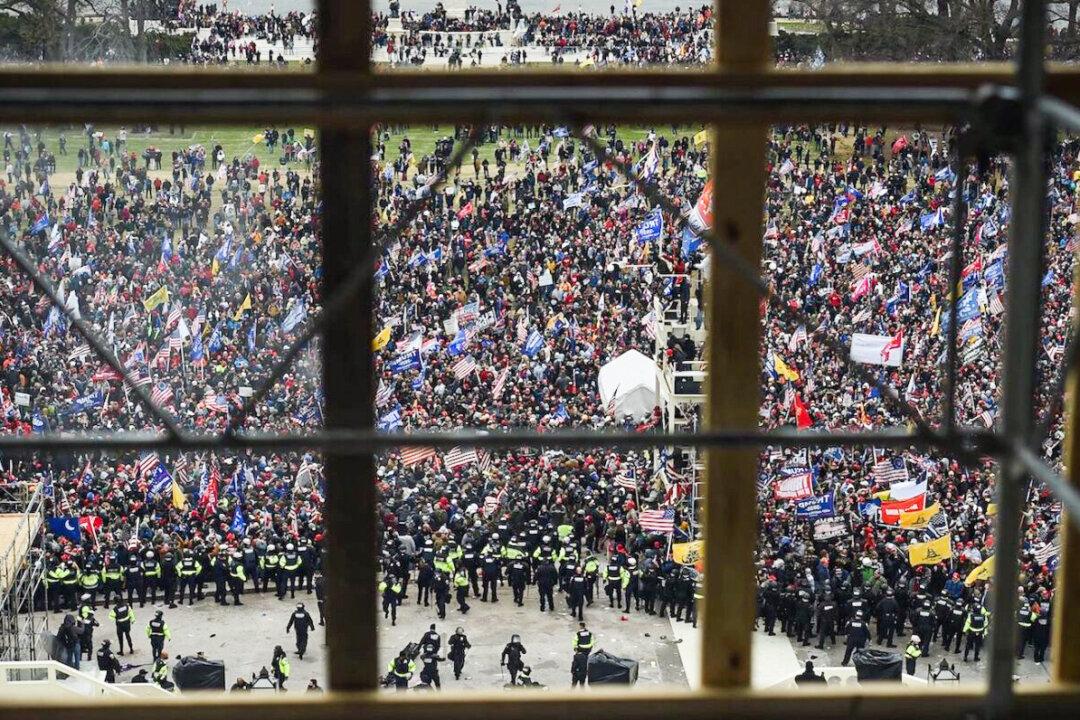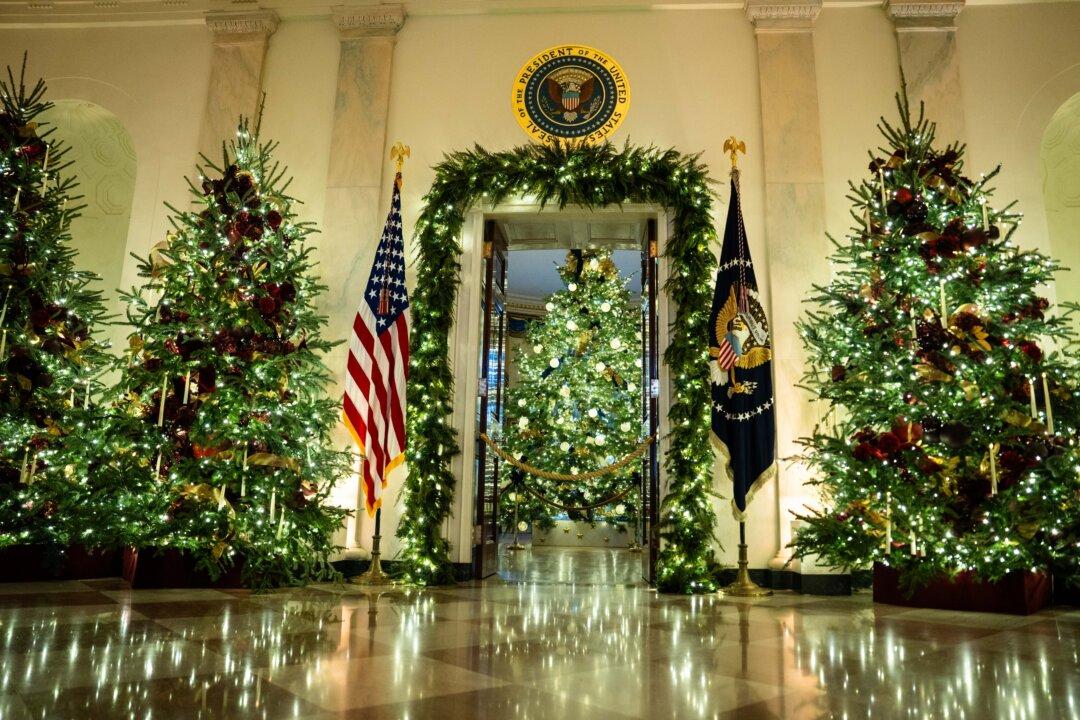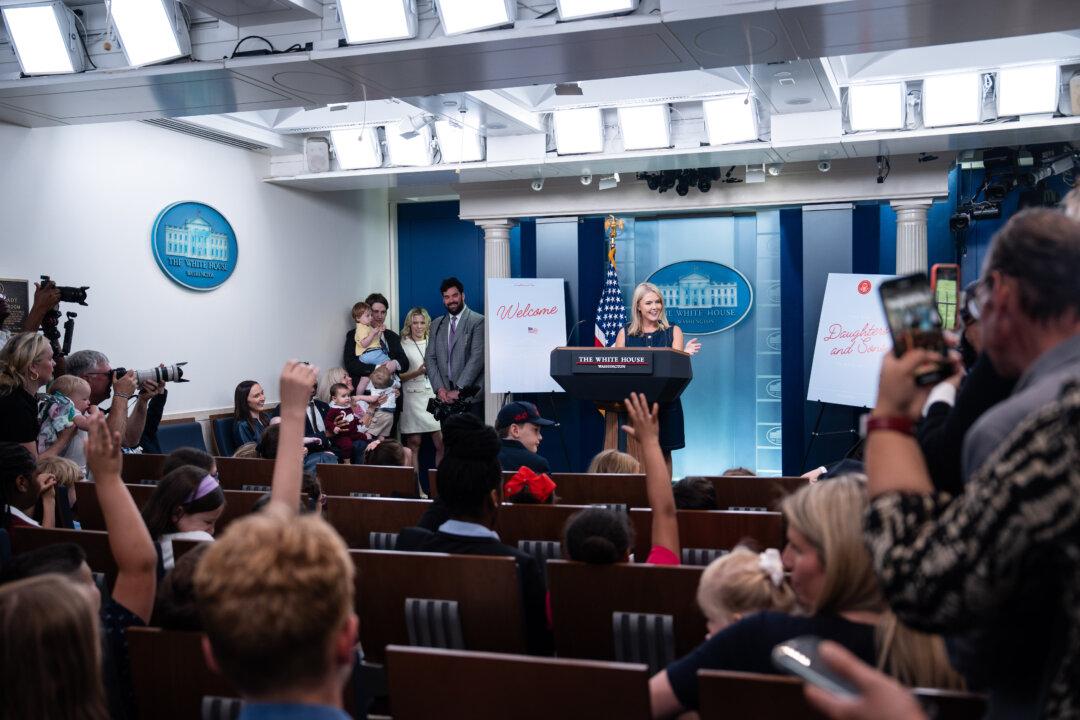WASHINGTON—The defense for the Oath Keepers trial rested its case on Nov. 17 at the federal courthouse, and closing arguments began the following morning.
Jessica Watkins, the last defendant to testify, underwent intense cross-examination by prosecutor Alexandra Hughes.
Hughes focused on Watkins’ messages and other communication about her willingness to fight in a war during the January 6 event.
“Half this country still feels this way [referring to the 2020 presidential election]. Half of this country feels disenfranchised by that election. All the COVID stuff, we didn’t have a free and fair election,” Watkins told the jury.
However, she denied wanting to fight with the U.S. government and having planned an alleged conspiracy to storm the Capitol on Jan. 6, 2021. She explained that she would have used force only against foreign powers that would invade the country.
The prosecution displayed a video where protestors were violent and breached the Capitol doors on Jan. 6. Watkins said that at the time she was on the Capitol steps, there was no violence around her, and the doors were already open.
Hughes questioned Watkins’ intention to provide medical help on Jan. 6 and asked why she did not help any law enforcement officer that day.
Watkins denied witnessing police officers being injured or attacked on Jan. 6, 2021.
“If I had seen police officers being maced or beaten, that would have [expletive] me off,” she said.





